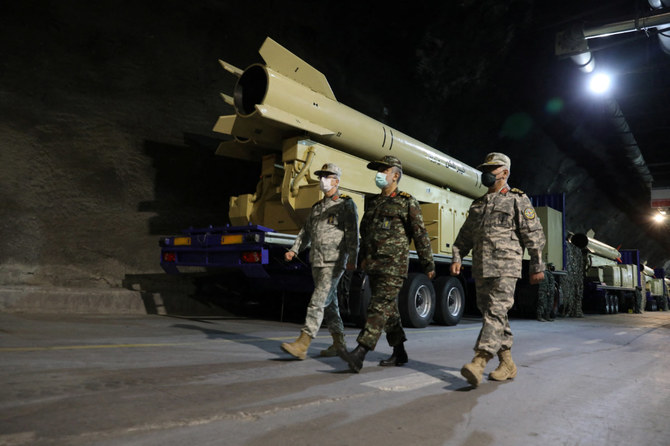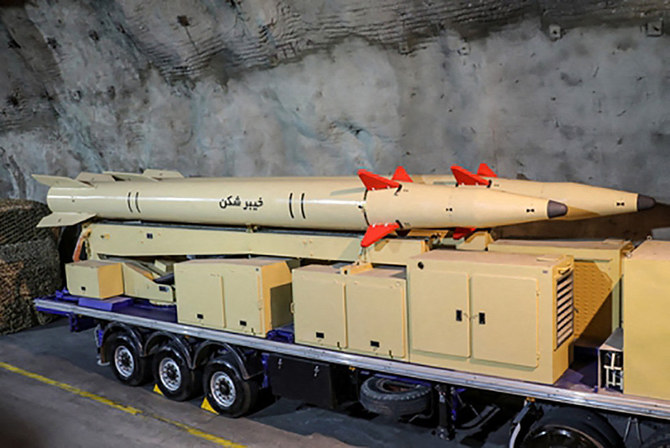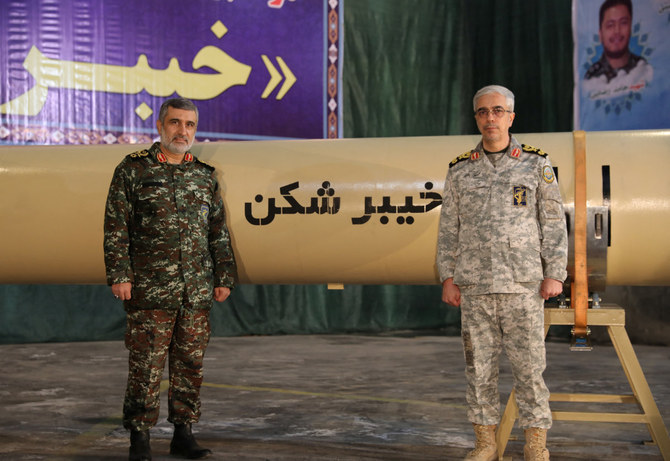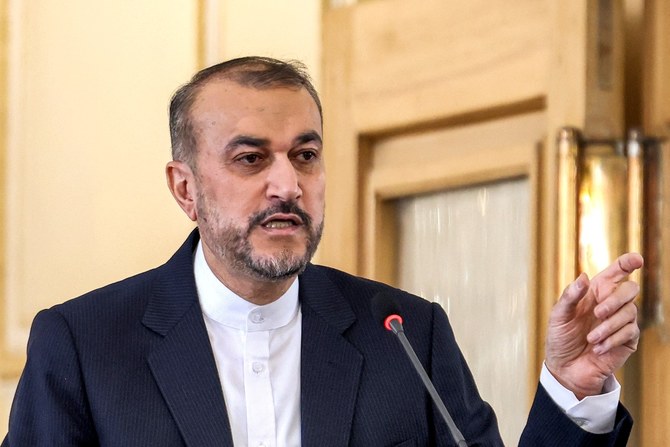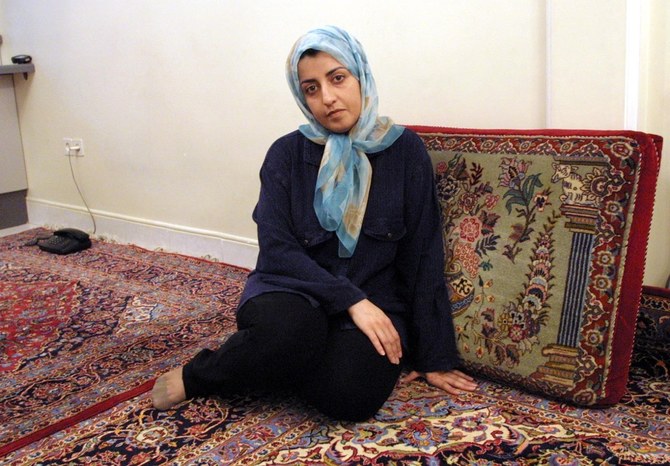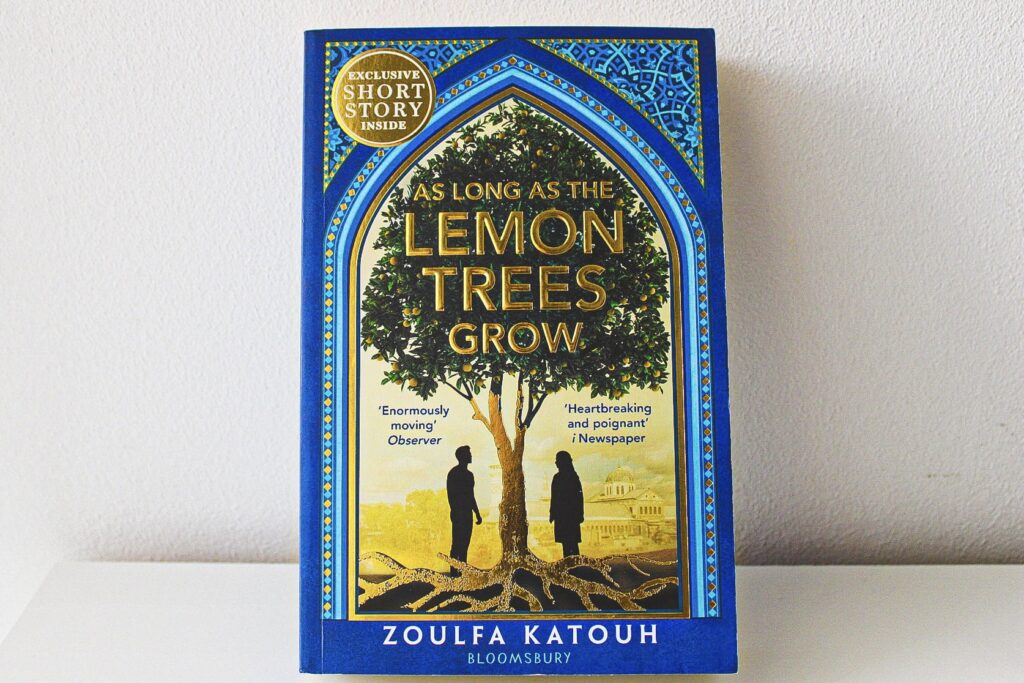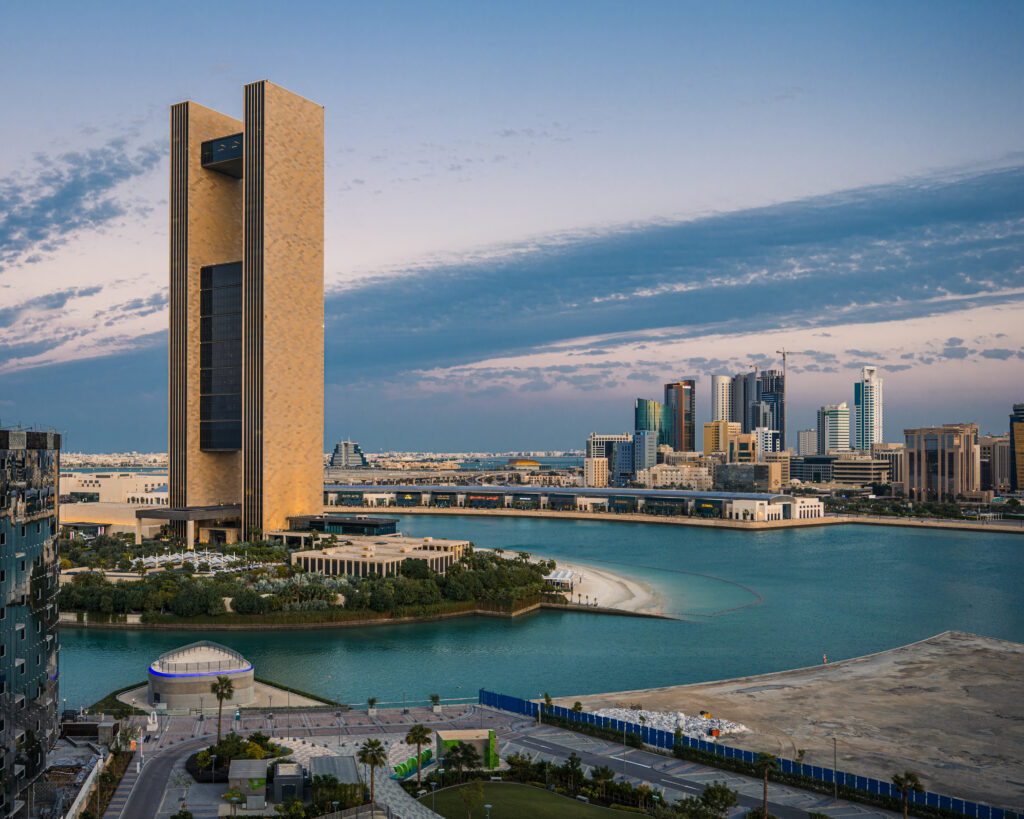JEDDAH: Iran boasted on Wednesday that it had developed a new ballistic missile with a range of 1,450 km — making it capable of targeting Israel, Gulf state capitals, and US bases in the Middle East.
State TV displayed the new surface-to-surface “Kheibar Shekan” missile, named after a 7th-century military victory by the Prophet Muhammad at the Kheibar oasis in the Hijaz region of what is now Saudi Arabia.
“This long-range missile is domestically manufactured by the Islamic Revolutionary Guard Corps. It has high accuracy and is propelled by solid fuel, and is capable of penetrating missile shields,” a military spokesman said.
The chief of Iran’s armed forces, Maj. Gen. Mohammad Bagheri, said Tehran’s weapons program would move forward at pace.
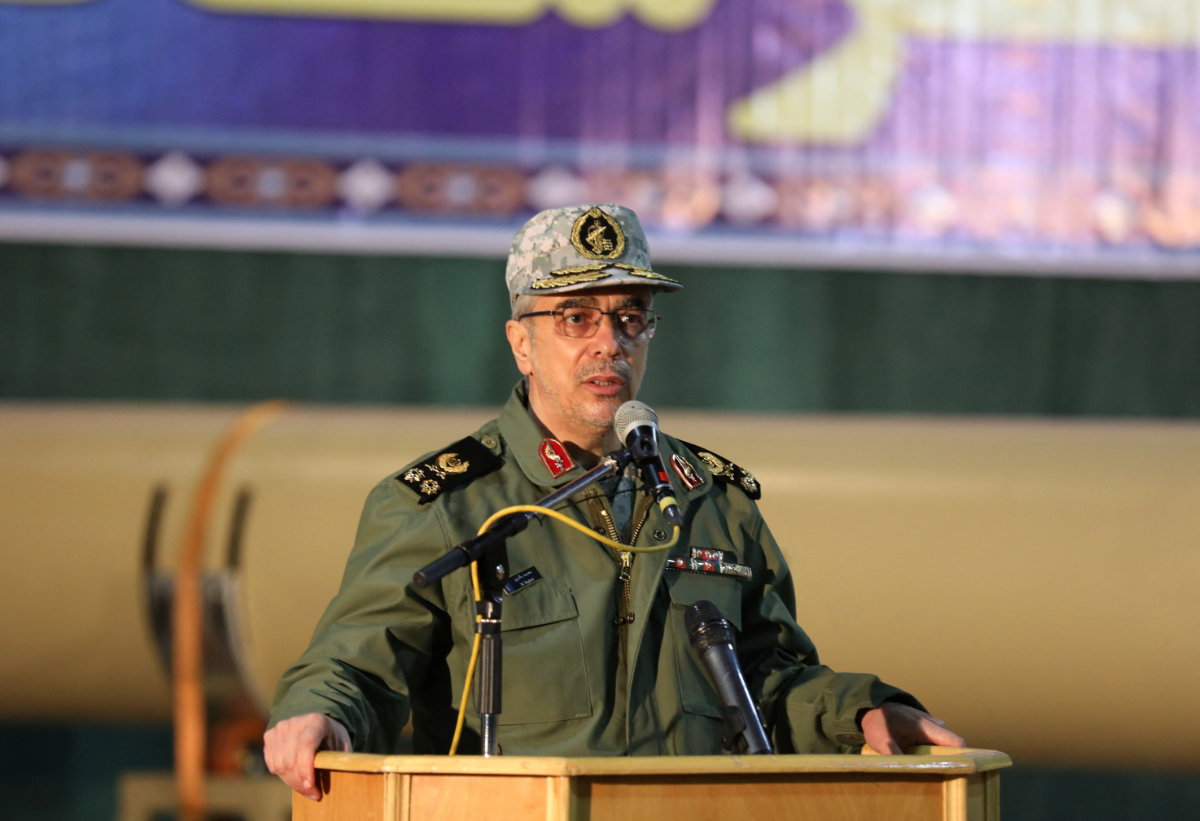
IRGC Aerospace Force Commander Amir Ali Hajizadeh speaks during the unveiling of “Kheibarshekan” missile at an undisclosed location in Iran. IRGC/WANA (West Asia News Agency/Handout via REUTERS)
“We will continue on the path of growth, development and excellence for our missile power, in terms of both quantity and quality,” he said.
Iran has the largest arsenal of missiles in the Middle East. Late last year it fired 16 ballistic missiles to conclude military drills described by generals as a warning to Israel.
Bagheri said Iran was “self-sufficient in terms of military equipment,” and could become one of the world’s largest arms exporters if US sanctions were lifted.
The International Institute for Strategic Studies says Iran has about 20 types of ballistic missiles, as well as cruise missiles and drones. Their capabilities vary, with the Qiam-1 having a range of 800 km and the Ghadr-1 able to reach 1,800 km.
The IISS, a think tank in London, says Iran’s current priority is to increase the accuracy of its missiles.
Tehran’s ballistic missile development is not on the agenda at ongoing talks on Iran’s nuclear program, but many US allies in the Gulf believe that it should be. Iran’s ballistic missiles could be adapted to carry a nuclear warhead if it developed one.
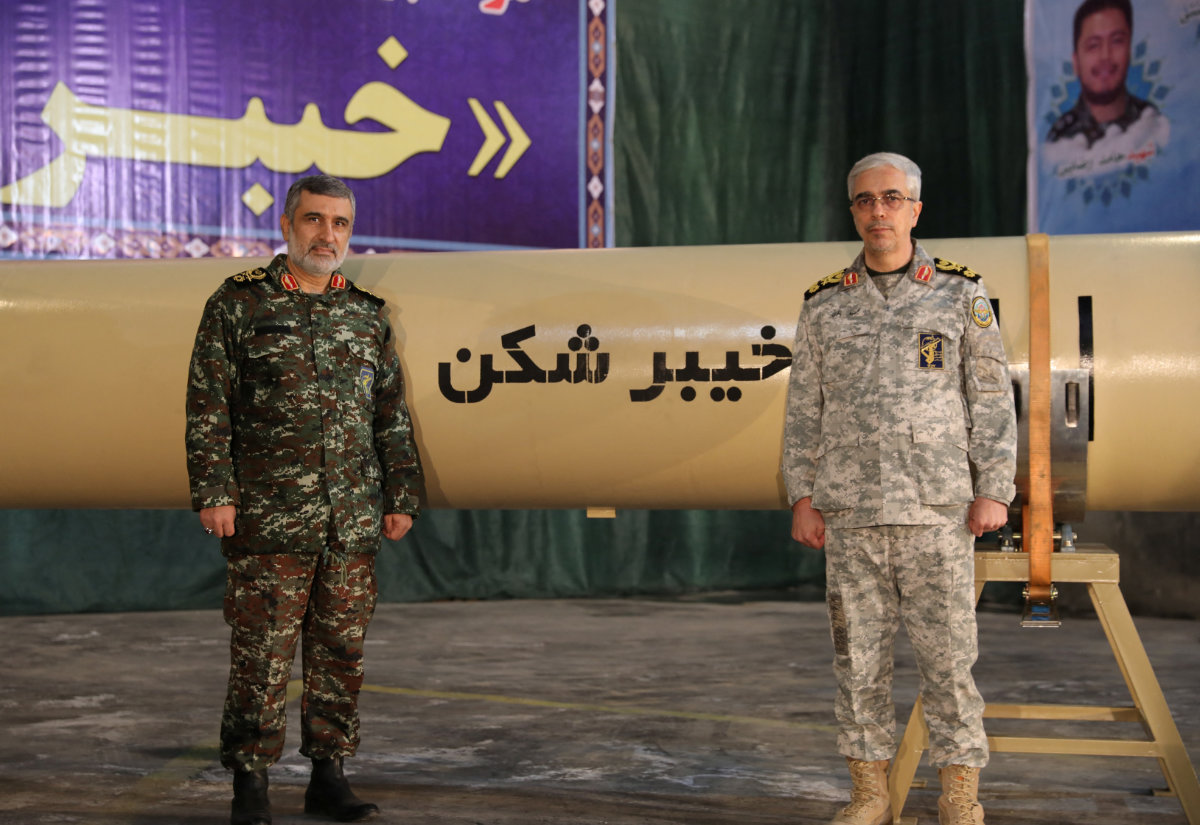
This photo release on Feb. 9, 2022, shows Iran’s military chief Mohammad Bagheri and IRGC Aerospace Force Commander Amir Ali Hajizadeh unveiling the “Kheibarshekan” missile at an undisclosed location. (IRGC/WANA/Handout via REUTERS)
Israel has long threatened military action against Iran if the talks in Vienna fail to curb Tehran’s nuclear work.
The negotiations are aimed at reviving the original 2015 agreement to limit Iran’s nuclear development in return for the lifting of sanctions.
Indirect talks between Tehran and Washington to revive the deal started after Joe Biden replaced Donald Trump in the White House, but despite eight rounds since April differences remain between Iran and world powers.
Tehran and Washington have blamed each other for the lack of progress.
“Voices from the US government show there is no coherence in that country to make political decisions in the direction of advancing the Vienna talks,” Iran’s top security official Ali Shamkhani said on Wednesday.
Reuters



